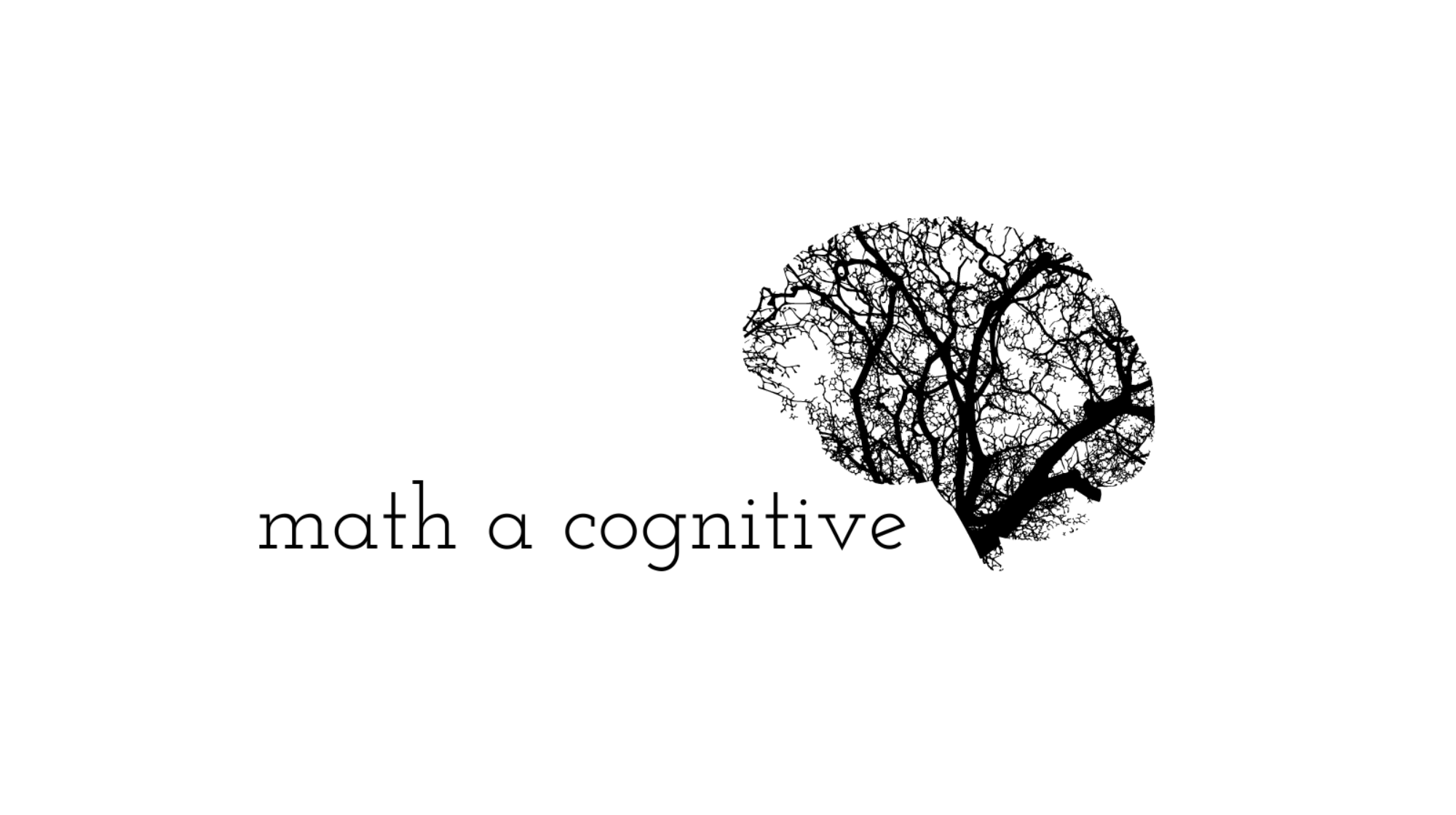When I rounded up all my various links about some of my favorite, go to activities I made a discovery.
I had posts about equivalence cards, and error correction, and my write/shuffle/share routine (although it could use expanding, tbh)
I had two different activities with comparison cards in my Teachers Pay Teachers shop. (Scientific notation, and probability for the curious)
But, somehow I had never written about how I actually use them.
Oops.
Clearly, I have been taking Comparison Card activities for granted. Also, clearly, I am attempting to rectify the situation
Why:
They make for natural pair or group activities, so students are talking and figuring together (*cough* Mathematical Practice 3*cough*)
They ask students to stop and think and reason about the meaning and values of the numbers, instead of jumping straight into computation.
Content:
Super-flexible, but they’re particularly well suited for formats that students tend to struggle to read/understand. So decimal values with multiple places, or scientific notation, in my class.
Materials:
Make cards by hand (half of a 3×5 index card works well) or use my Google slides tutorial.
Each card should have a single value, but mixing the number formats raises the critical thinking level (For example: my exponents set uses whole numbers, exponent notation, expanded notation, and words)
Make enough for each student to have a set.
Facilitation options:
Number line: Sort the values from smallest to largest, arranging in a line on the table.
Further option: Give students benchmarks to compare their number line, or construct parallel numberlines with two formats (one line with fractions, for example, and another with decimals)
War: Each student gets a set of cards, shuffled and face down. Play the classic card game, War, where the player who turns over the card with the higher value takes both
Inequalities | Number Sentences: Add inequality cards to the mix. (I have a full on set in my store, or make your own). Students should arrange two value cards and a comparison symbol to create sentences
(Note: If students are comfortable with inequalities, this is a less challenging activity since students can pick values that are easy to compare)
Extensions:
Add reflection/discussion questions (I always like to start by asking which were hard? which were easy? and why?)
Students create their own cards to add to the mix. This might be open or more structured (e.g. add a card that is smaller, larger, in the middle…)
Subscribe to access my PDF Comparison Card Planning Tips (and other subscriber-only resources!)

